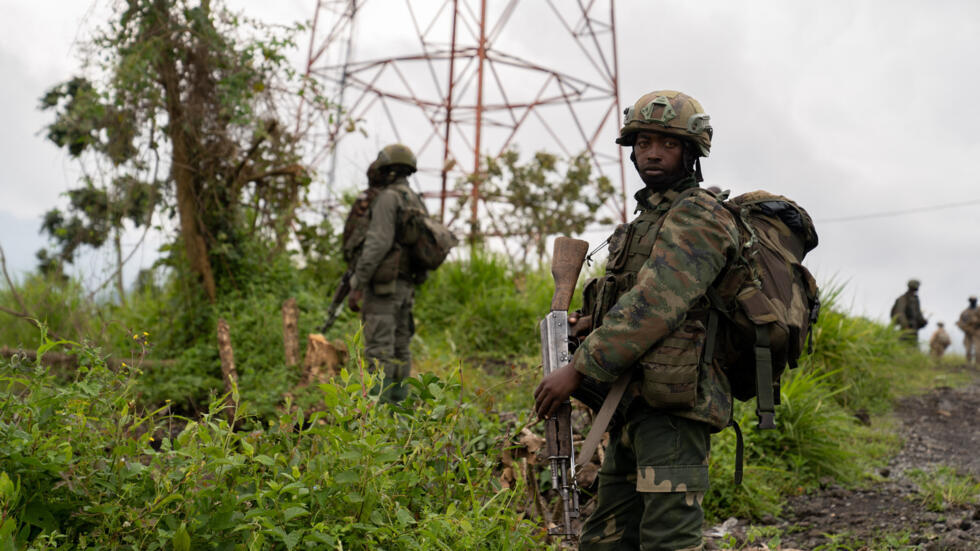The M23 rebel group is advancing on key strategic areas in the eastern Democratic Republic of Congo after capturing two major cities, the United Nations warned on Wednesday, raising fears of a broader regional conflict.
The rebels have made rapid gains in recent weeks, seizing vast territories in the volatile region, including the cities of Goma and Bukavu on the shores of Lake Kivu.
Bukavu, on the southern side of the lake, fell to M23 fighters on Sunday, following the earlier capture of Goma to the north, effectively giving the rebels full control of the strategic waterway between the two cities.
“If our information is correct, (M23) continues to advance towards other strategic areas in North and South Kivu,” UN Special Envoy for the Great Lakes Region Huang Xia told the Security Council.
Xia warned that while M23’s ultimate intentions remain unclear, “the risk of a regional conflagration is more real than ever,” with potentially “catastrophic” consequences.

“History is repeating itself,” he cautioned, comparing the current escalation to the lead-up to the Second Congo War (1998-2003), which involved multiple African nations and resulted in millions of deaths due to violence, disease, and starvation.
The head of the UN peacekeeping mission in the DRC (MONUSCO), Bintou Keita, expressed deep concern over M23’s continued expansion.
The rebels are now positioned near the intersection of the DRC, Rwanda, and Burundi, limiting MONUSCO’s ability to operate.
Keita denounced the “severe restrictions” imposed on UN peacekeepers, stating that M23 controls all roads entering or leaving the areas under its control.
She also highlighted a worsening humanitarian crisis, pointing to enforced recruitment by armed groups, mass displacement, looting, and reports of M23 fighters conducting hospital and house searches for soldiers and civilians perceived as opponents.
With the situation deteriorating rapidly, international observers fear that continued fighting could escalate into a full-scale regional war, further destabilizing the already fragile Great Lakes region.


